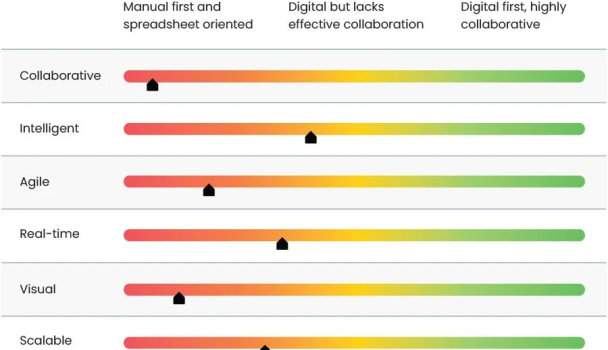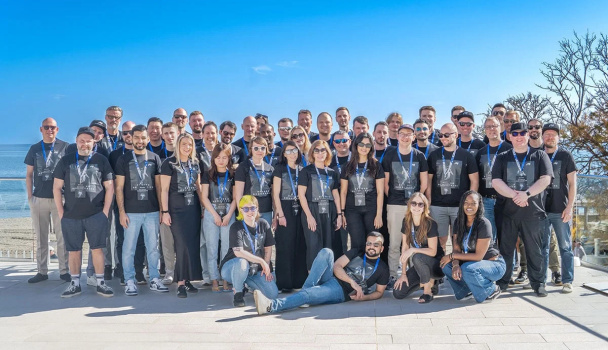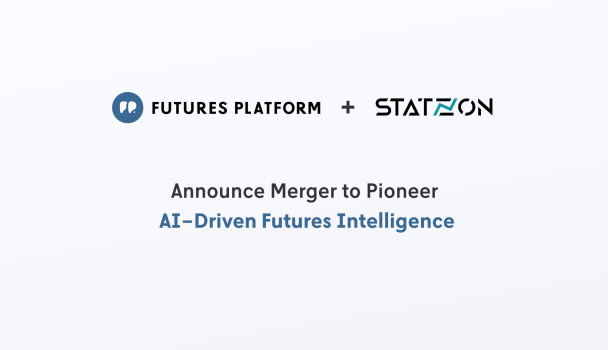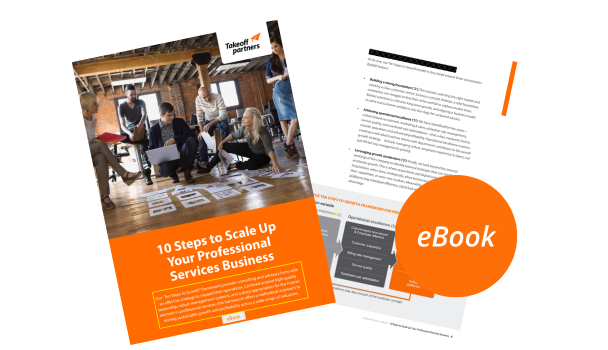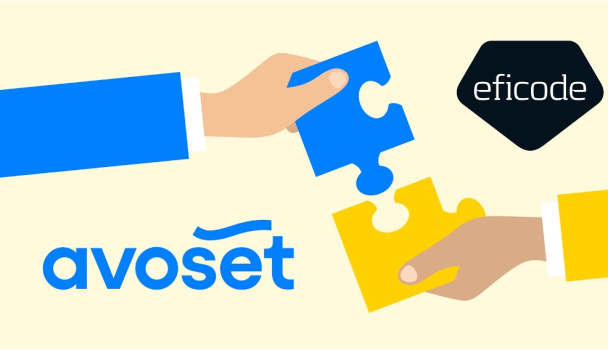How to avoid chaos while growing?
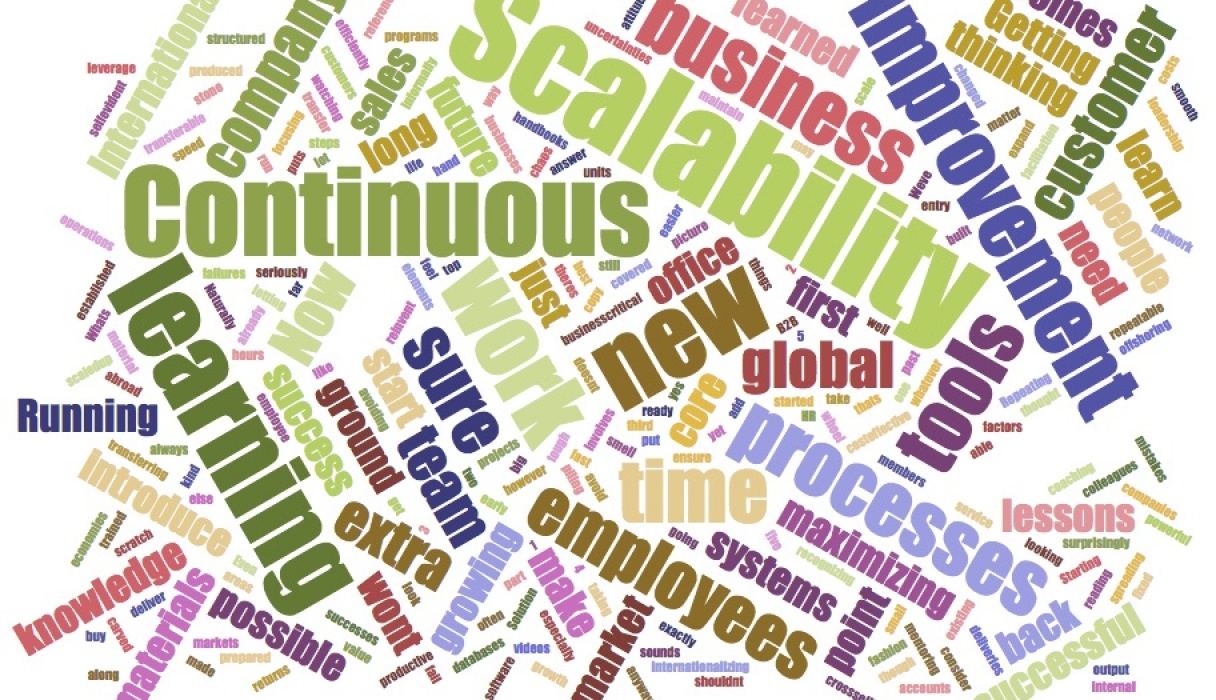
We’ve already covered two of the five success factors in internationalizing B2B software and service businesses, ‘People’ and ‘Solution’. It’s time to introduce the third one: ‘Scalability’. How do we make sure we won’t reinvent the wheel as we add new people to the team and expand to new market areas?
1) Getting started: Learning from the very first steps
Starting a new business from scratch comes with uncertainties. Are the first customer deliveries successful? If yes, why? If not, what should be changed? If we made mistakes, how do we make sure we learn from them and won’t make them again? On the other hand if we were successful, how do we make sure we’ll copy the elements of success in the future projects?
Thinking of scalability from early on involves recognizing repeatable core processes and taking continuous learning seriously. In a small team that puts in long hours just to get things off the ground it may smell like a lot of extra back office work. And it is extra work - however it’s exactly the kind of back office work that should make life easier in the long run: Repeating successes and avoiding failures, and letting the future team members do the same.
2) Getting ready: Documentation!
No matter how we look at it, transferring knowledge and lessons learned at some point comes down to documentation. And that’s the tough part. Documentation is always extra. It doesn’t feel business-critical at the time of doing it, especially not if we need more sales or there’s customer work piling up.
But again looking at the big picture, how else are we going to make sure our past lessons learned will be transferable? The answer is, through handbooks, videos, sales tools, databases, HR processes, IT systems, coaching and mentoring programs,… whatever tools that work best for each company to ensure they are prepared to make their new employees productive as fast as possible.
3) International market entry: Time to put the documentation to work
Now that we have the knowledge transfer tools
existing, it’s time to make them work for our new employees abroad. Naturally,
just reading or watching material will not take a new employee very far, but it
will introduce them to our core thinking: This is how we do business, and this
is how we deliver value to our customers.
On top of materials, tools and processes, new employees will need opportunities to network with colleagues and to learn from them, both in a structured fashion and informally.
4) International growth facilitation: Continuous improvement
Now that the company is off the ground and growing in new markets, with the new employees trained and up to speed, leadership should start focusing on continuous improvement. Even though materials have been produced and processes established, they shouldn’t be thought as being carved in stone. It sounds self-evident, yet surprisingly often companies fail to maintain the continuous learning attitude that there was at the start. How could we do this still more efficiently? What do we make and what do we buy? Should we consider offshoring?
5) Running a global business: Maximizing the economies of scale
Now that we have a scaled-up business, how do we make the most of it? What’s the point of scalability anyway if not maximizing the returns (spreading out fixed costs over more units of output)? Running a global business, the company should be able to leverage global customer accounts as powerful references and as opportunities for cross-selling. At the same time, all the tools, processes and systems built along the way should make internal operations as smooth and cost-effective as possible.
Next up: How to position a growth company as a leader?
Subscribe to our thinking on LinkedIn, Twitter
and Facebook to stay tuned!
About the Takeoff Success Factors™ framework
The Takeoff Success Factors™ framework is a summary of best practices in internationalizing B2B software and service businesses. It grows from the combined experience of the Takeoff Partners team in taking businesses global. The proprietary framework is a unique checklist for entrepreneurs to help plan for their company’s internationalization from ‘flight preparations’ all the way to reaching the ‘cruising altitude’.

